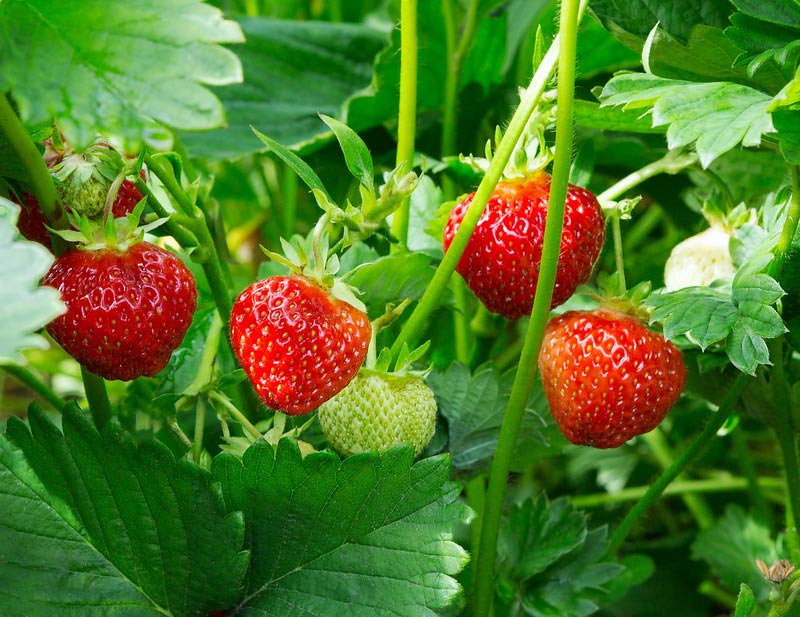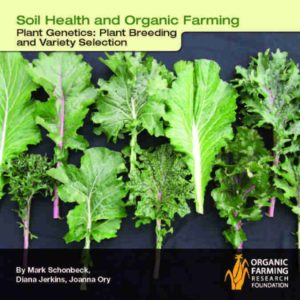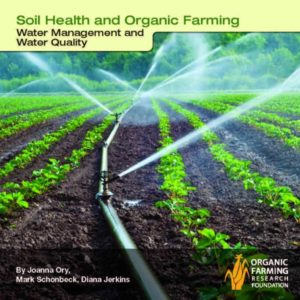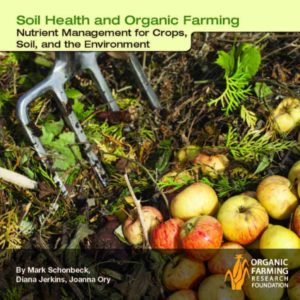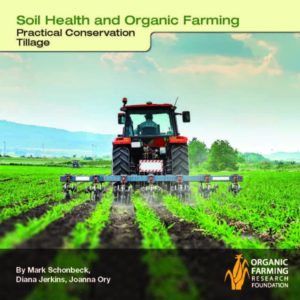NIFA Announces Support for Organic Agriculture, Research, Extension, and Education
January 2, 2018 – The USDA National Institute of Food and Agriculture (NIFA) has announced the availability of $17.6M in grants focused on organic agriculture research, education, and extension activities. These grants are funded through a competitive process by NIFA’s Organic Agriculture Research and Extension Initiative (OREI), authorized by the 2014 Farm Bill.
“America’s organic industry continues to be one of the fastest growing segments of U.S. agriculture,” said NIFA Director Dr. Sonny Ramaswamy. “NIFA strives to support the development and deployment of science-based best knowledge and practices to organic producers to help them grow their businesses while solving critical organic agriculture issues, priorities, or problems.”
The Organic Agriculture Research and Extension Initiative (OREI) supports research, education, and extension programs that enhance the ability of producers and processors who have already adopted organic standards to grow and market high quality organic agricultural products. Priority areas include biological, physical, and social science research, including economics. Funded projects will aid farmers and ranchers with whole-farm planning by delivering practical, research-based information to improve their ability to develop an Organic System Plan required for certification.
Eligible entities include land-grant and other research universities, federal agencies, national laboratories, state agricultural experiment stations, research foundations, and other private researchers.
Applications must be received by March 1, 2018. See the OREI funding opportunity for additional information.
Resources from OFRF
In 2015, OFRF conducted a national survey of certified organic producers and hosted 21 listening sessions. We used the input we received from nearly 2,000 farmers to map the need for future research investment in the 2016 National Organic Research Agenda. We also published an analysis of USDA organic research investments. Together, these reports provide an in-depth understanding of the state of organic agriculture in the U.S., and the research needed to increase both the number of organic farms and acres.
Download the 2016 National Organic Research Agenda report.
Taking Stock: Analyzing and Reporting Organic Research Investments, 2002-2014 is available to download here.
Working with members of Congress, both Republican and Democrat, OFRF is championing the Organic Agriculture Research Act (H.R. 2436), a bipartisan bill to ensure organic research and extension programs around the country have the funding necessary to support all farmers with sound science, outreach, and education programs. Specifically, this bill reauthorizes the Organic Agriculture Research and Extension Initiative (OREI) and increases the annual funding from $20M to $50M. Given the dramatic growth of the organic industry, this overdue increase in funding will be instrumental in providing the research and extension support that American farmers need.



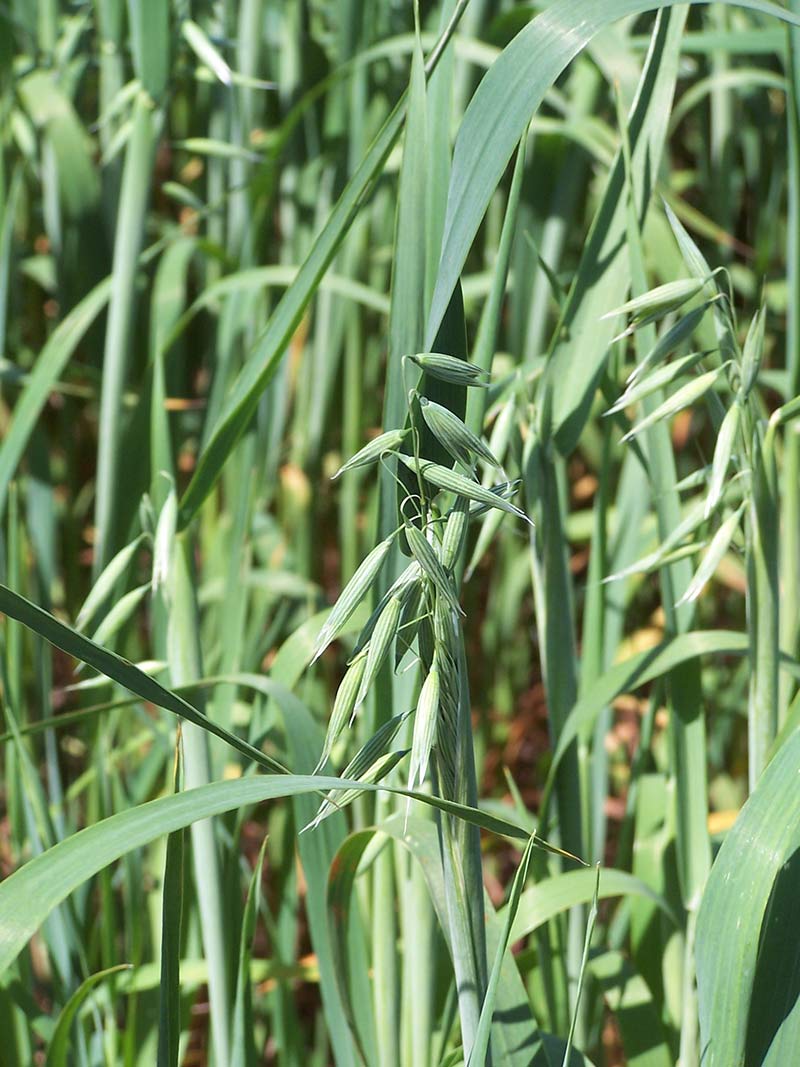
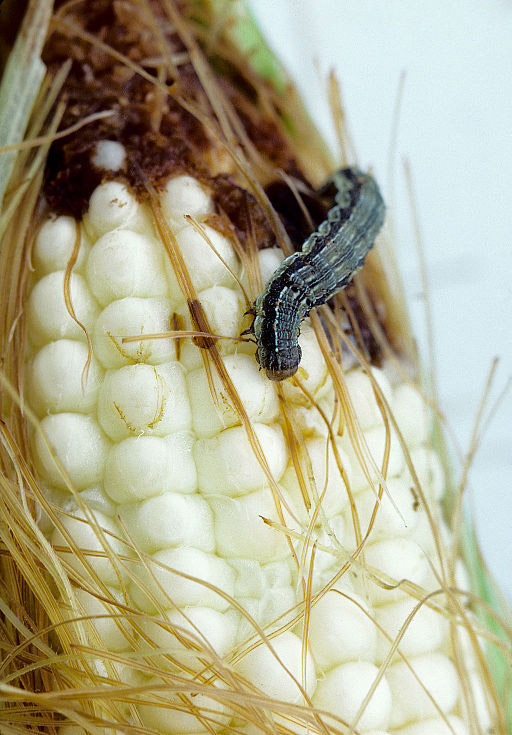
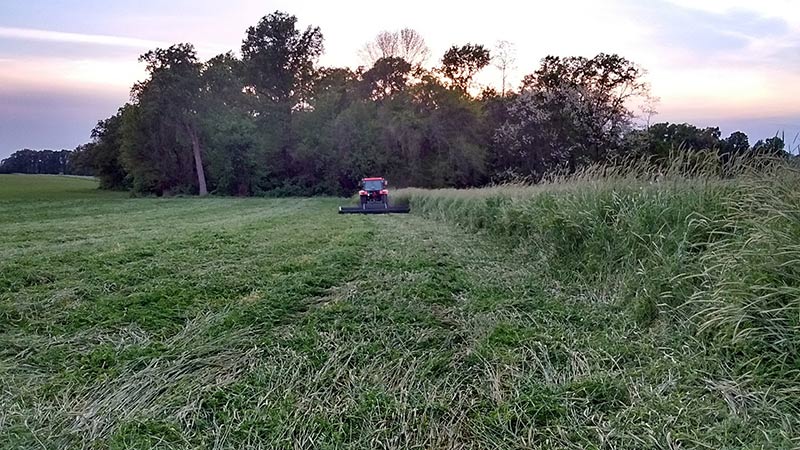 Justin Keay, Jaime Pinero, Lincoln University, Jefferson City, Missouri
Justin Keay, Jaime Pinero, Lincoln University, Jefferson City, Missouri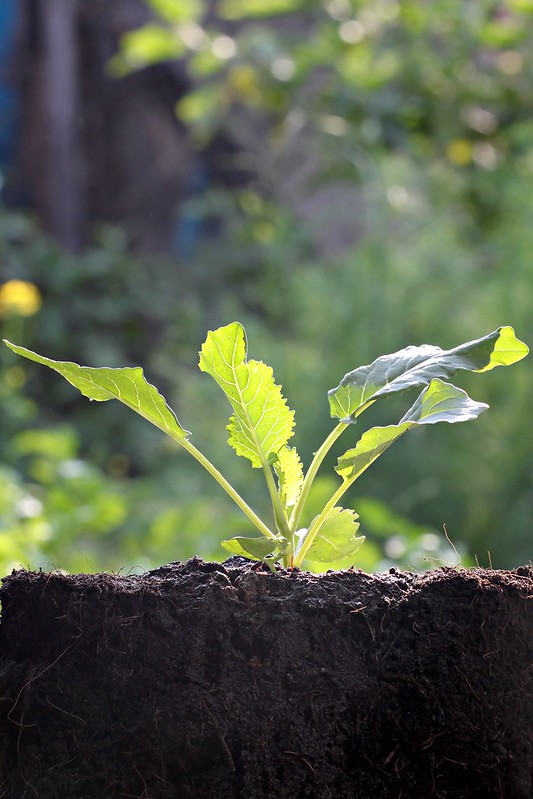 Steve Culman, Tunsisa Harisso, Anthony Fulford, Ohio State University, Columbus, Ohio
Steve Culman, Tunsisa Harisso, Anthony Fulford, Ohio State University, Columbus, Ohio